Tour the International Fare of Yau Tsim Mong in Hong Kong
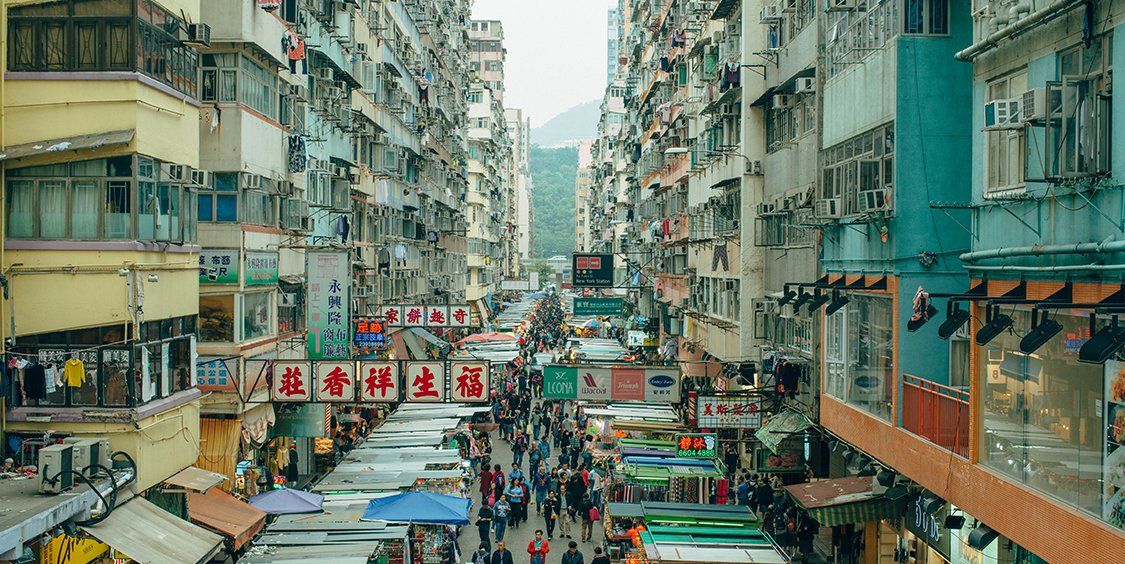
A few minutes every morning is all you need.
Stay up to date on the world's Headlines and Human Stories. It's fun, it's factual, it's fluff-free.
Since 2001, Hong Kong has branded itself as “Asia’s World City.” The city is indeed within a five hour flight to Manila, Ho Chi Minh City or Kathmandu which somewhat does place it in the center of Southeast Asia. And so even though the population is 92% ethnically Han Chinese, there is a wide diversity of cultures living and cooking great cuisine in Hong Kong.
Small, hidden away restaurants catering to the ethnic minority communities have been developing for years inside small enclaves inside the affordable neighborhoods of the Yau Tsim Mong district which encapsulates Tsim Sha Shui, Jordan, Yau Ma Tei, Mong Kok and Tai Kok Tsui.
Since many of the ethnic minority community work in the food and beverage industry, the residents of these neighborhoods have been some of the hardest hit by the COVID-19 pandemic.
Now, it is more important than before to make a trip to support the businesses, often family-run, in these communities. So, let’s go on an international food tour to discover cuisine from Southeast Asian hot spots without leaving Hong Kong.
Manakamana Nepali Restaurant
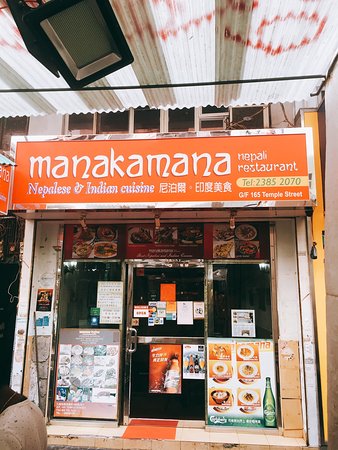
In Hong Kong’s colonial past, Gurkha soldiers from Nepal were commissioned by the British to help protect the city. When the city was handed over back to China, the Nepalese families of these soldiers were given the right abode and work in Hong Kong. Most of Hong Kong’s Nepalese community are descendants of Gurkhas.
Instead of plying their trade in the military, some of these descendants have decided to become cooks, such as the owners of Manakamana Nepali Restaurant.
Nepalese cooking is influenced by Indian cuisine though it does diverge into its own distinctiveness. For example, there is less use of sugar and less cream in its sauces so the dishes are lighter.
At Manakamana, you can find dishes most commonly known as Nepalese such as momos and butter chicken. While less known outside of Nepal, Manakamana’s Gundruk dishes of fermented vegetables are very popular with the Nepalese community.
Address: G/F, 107 Temple Street, Jordan, Hong Kong
Number: +852 2385 2070
Bedana’s Filipino Restaurant
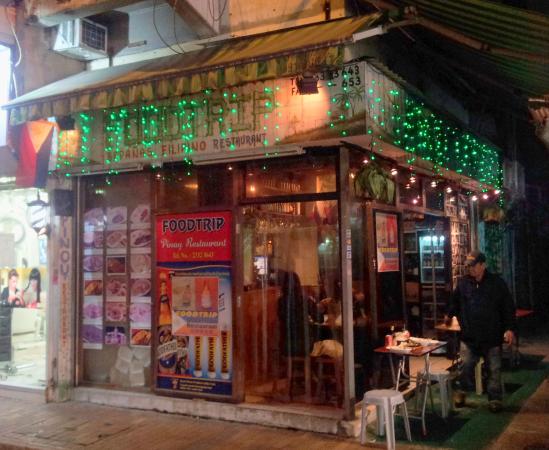
A large portion of the 200,000 ethnic minorities in Hong Kong have emigrated from the Philippines. While many of the Filipino residents live as domestic helpers, Tagalog speaking communities have sprung up in Sai Ying Pun and Jordan where one can visit Bedana’s Filipino Restaurant.
Bedana’s features classic dishes such as chicken adobo and the fried favorites, crispy pata and lechon kawali. Also available is a chance to really experience Filipino food culture by having a boodle fight.
A boodle is not about throwing food but much more about fighting over a buffet of BBQ meats and vegetables as well as fruits, lumpia, dried fish and rice spread out on banana leaves across a large table. All participants of a boodle fight must follow just one main rule, as they say in Tagalog, “kamayan,” which means eating with the hands.
Address: G/F, 113 Woosung Street, Jordan, Hong Kong
Number: +852 2542 3088
Viet Street by Gingko House
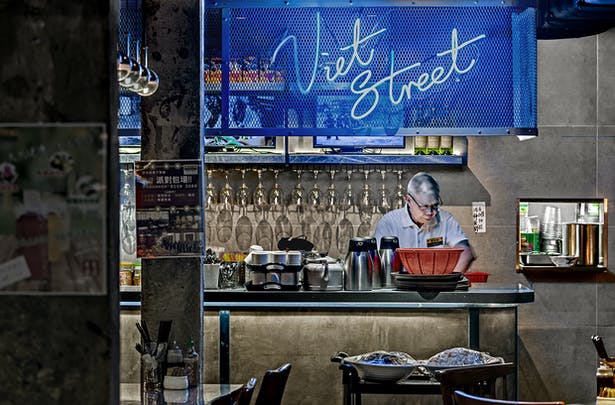
Upon visiting Viet Street, the restaurant atmosphere may seem as warm and friendly as your grandmother’s dining room table.
Viet Street is a Vietnamese restaurant that doubles as a charity which promotes senior employment as in Hong Kong. The charity side of Viet Street helps the elderly community keep up their physical and mental health along with providing a community where they can be social and have an active routine.
Charitable efforts aside, Viet Street offers a menu with Vietnamese specialties such as pho, spring rolls, vermicelli and broken rice. In addition to those classics, they have unique main dishes such as fresh young coconut braised pork and pandan pannacotta cups as a dessert.
Address: 1/F, 385 Nathan Road, Yau Ma Tei, Hong Kong
Number: +852 2789 3321
The Africa Center Hong Kong
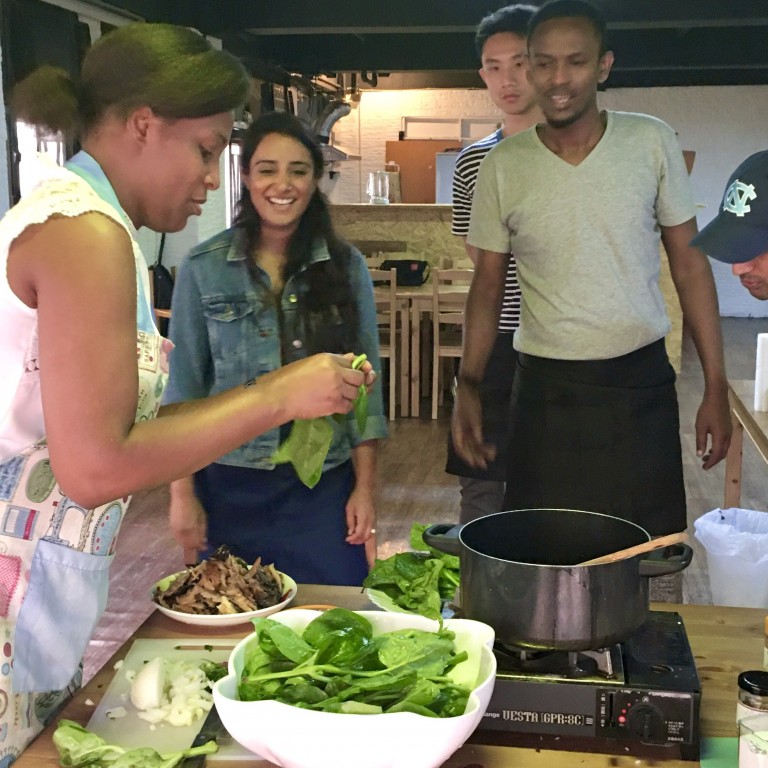
The Africa Center is an organization whose mission is to be a cultural bridge between the majority Han Chinese and African populations in Hong Kong. To do so, they host a variety of culture sharing activities including a tour of the infamous Chungking Mansions.
The Africa Center was co-founded by Innocent Mutanga. Mutanga escaped Zimbabwe’s Central Intelligence Organization (CIO) or otherwise known as “secret police" to Hong Kong, where he lived on the streets. Afterward, Mutanga won the opportunity to study in the city and now works at Goldman Sachs.
Chungking Mansions hosts an array of immigrants who have come to Hong Kong from Pakistan, India, and African countries such as Cameroon, Togo, the Republic of Congo and Nigeria. On the tour, participants get informed about what Chungking Mansions means as an opportunity to the African residents for improving their lives outside of their home country.
Then it is time to eat. A Bacchus style buffet of cuisine from across Asia.
Address: Chungking Mansions, 36-44 Nathan Road, Tsim Sha Tsui, Hong Kong
Number: +852 6650 9271
Is your business doing something cool that you want to show off? Get in touch at hello@themilsource.com




Comments ()